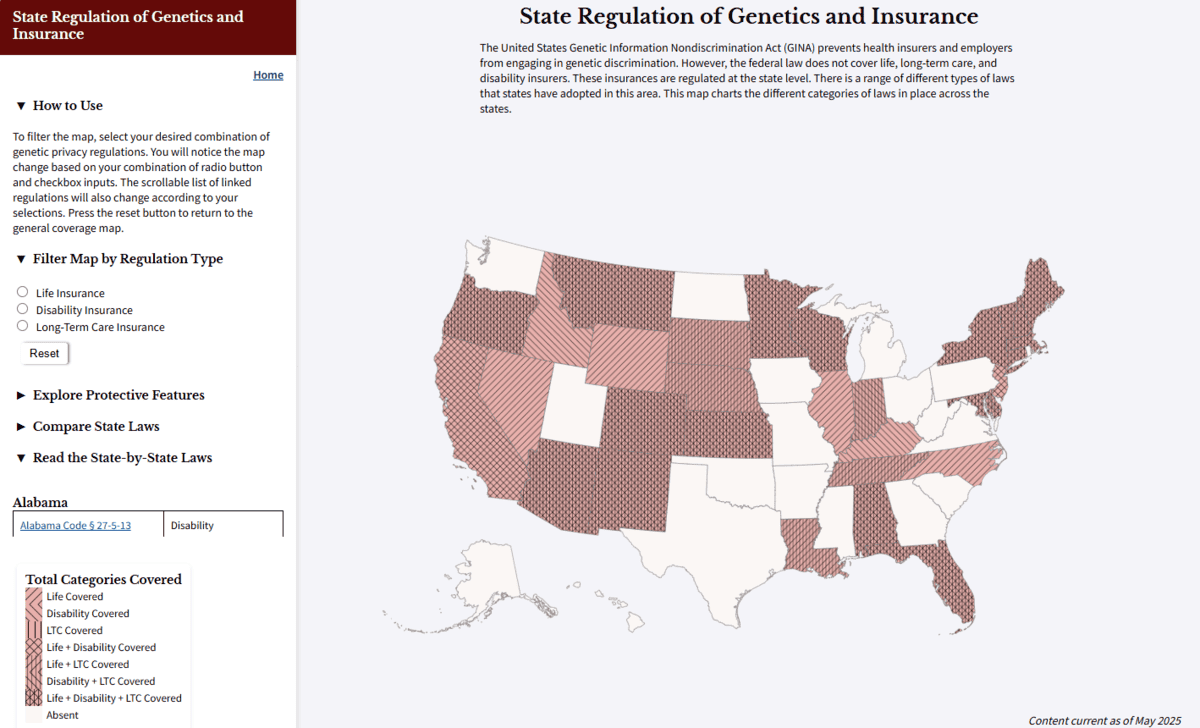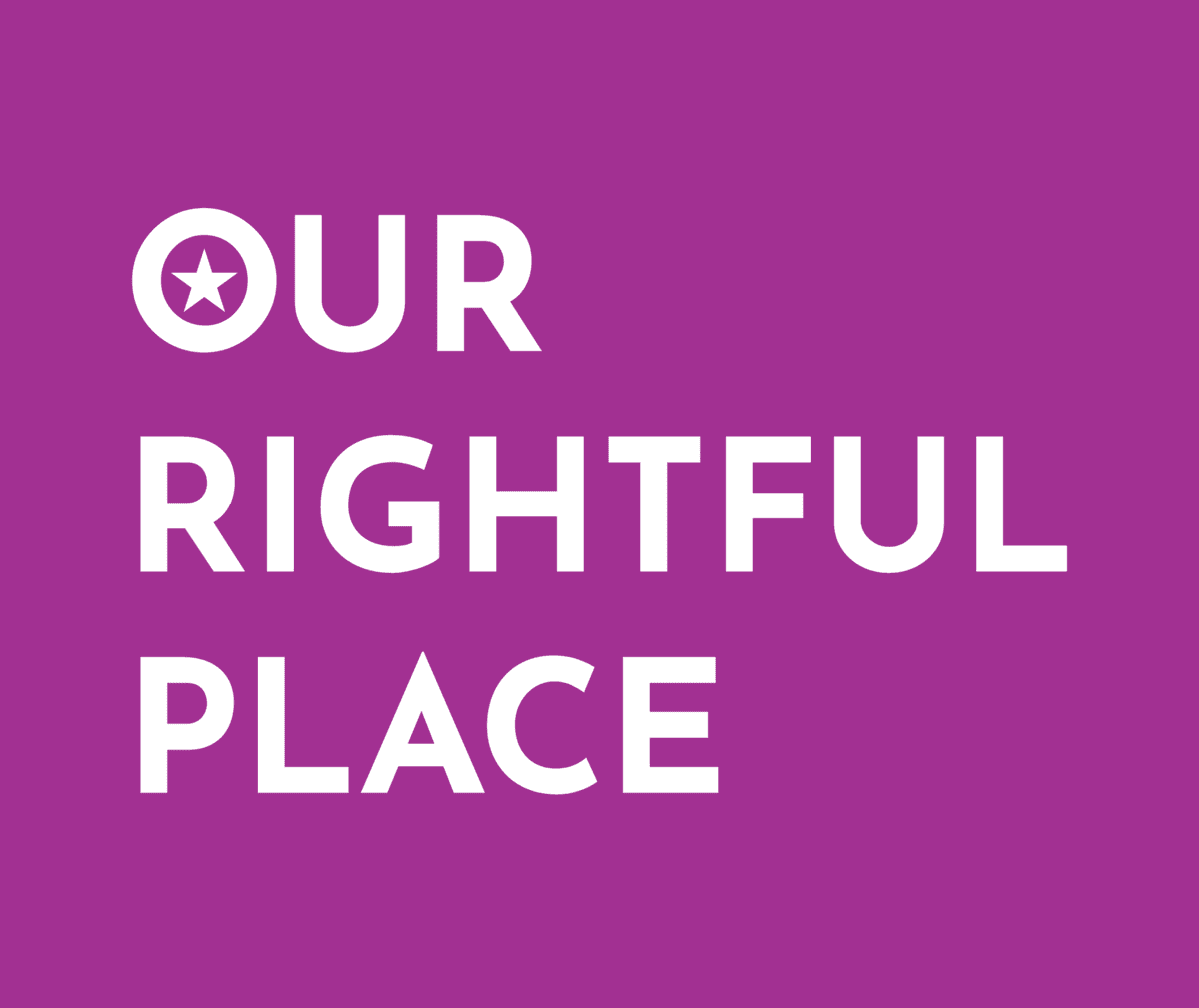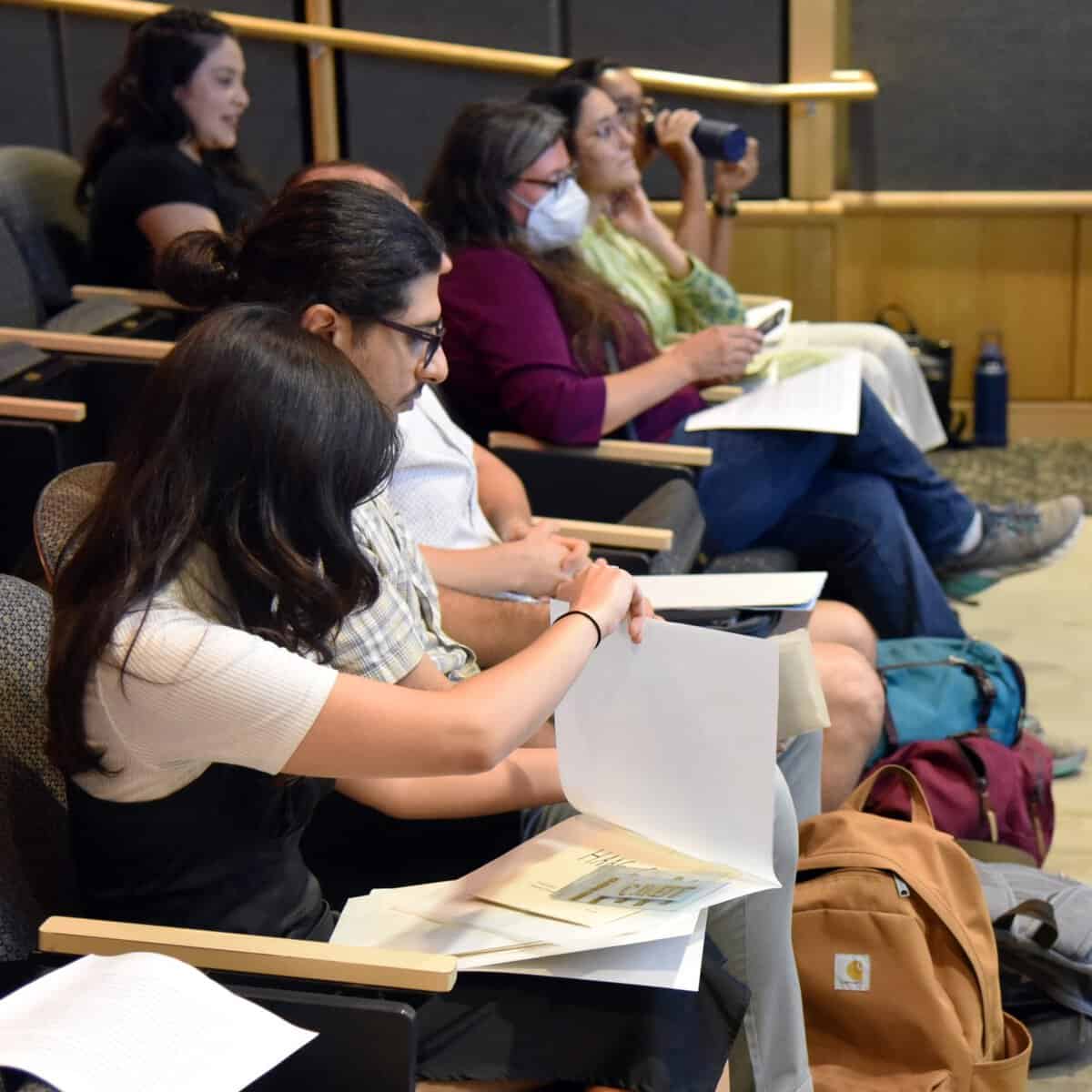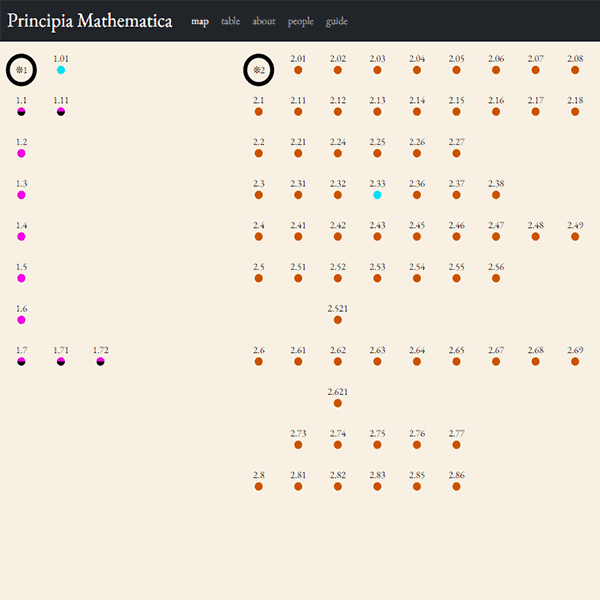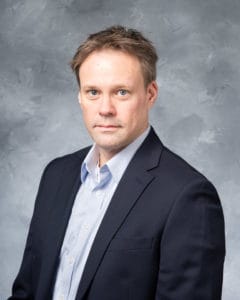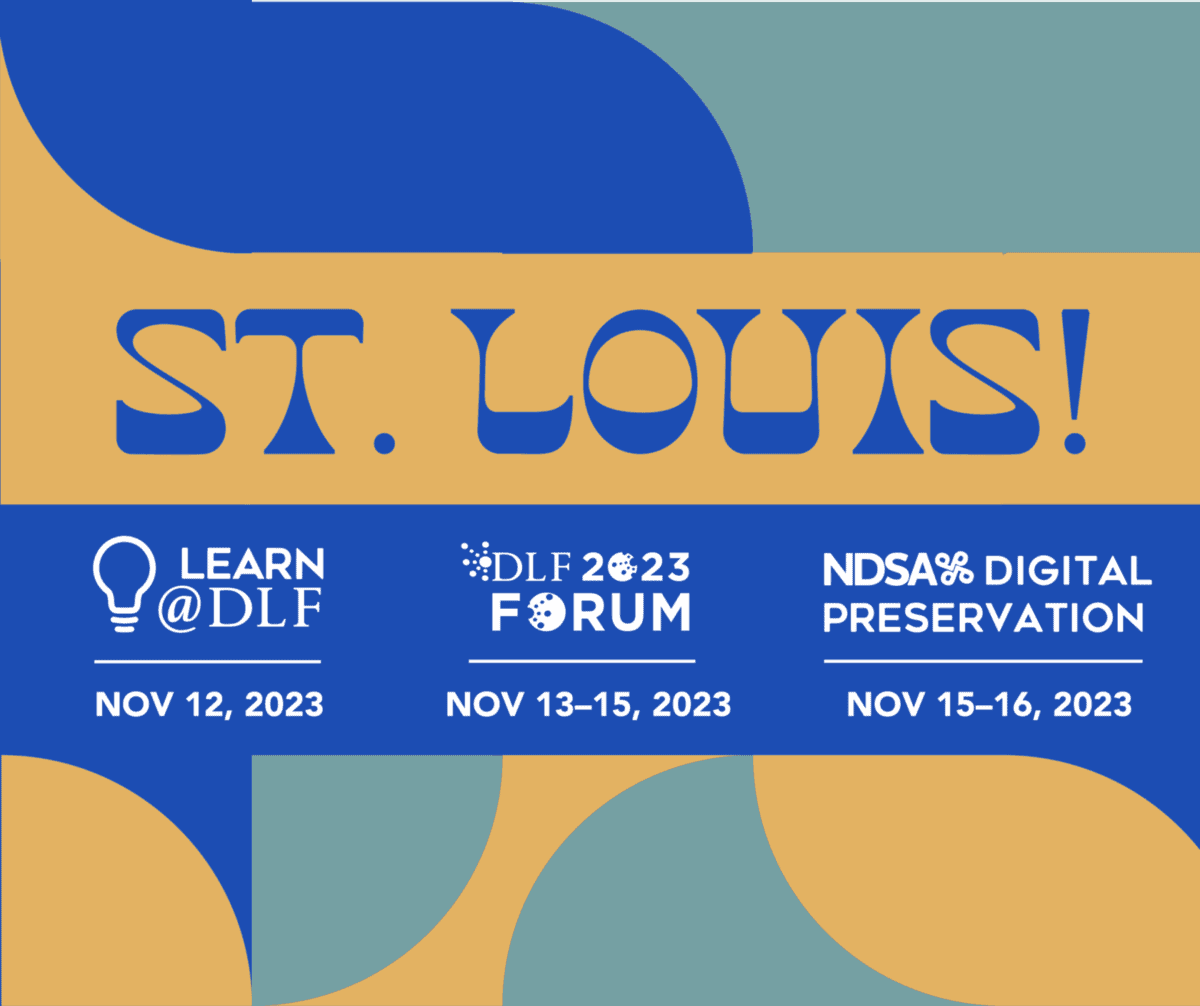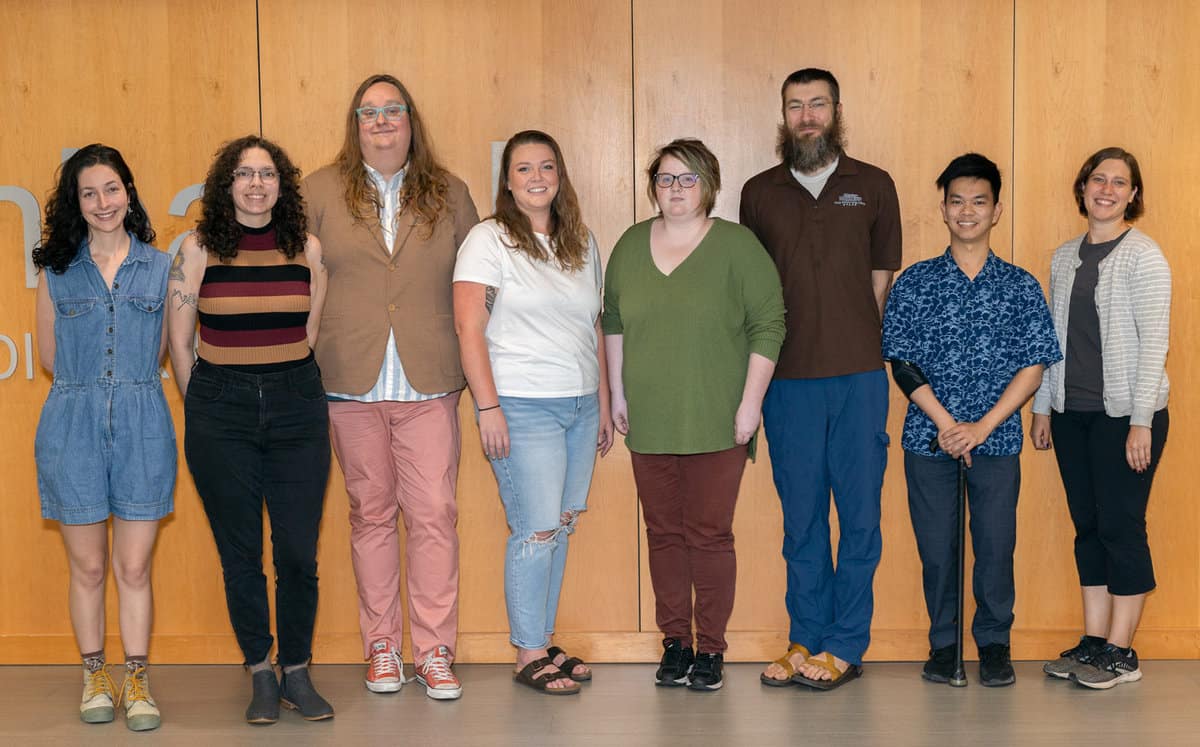The University of Iowa Libraries Digital Scholarship & Publishing Studio is excited to announce the launch of Genetic Privacy in the U.S.: Insurance and Law Enforcement Use, a collaborative digital project developed with the University of Iowa College of Law and the University of Maryland Francis King Carey School of Law. This project builds onContinue reading “Iowa, Maryland law schools launch Genetic Privacy Map”
Category Archives: News
Introducing the 2025 Digital Scholarship & Publishing Summer Fellows
The University of Iowa Graduate College and UI Libraries Digital Scholarship & Publishing Studio are excited to announce the 11 graduate students selected for the 2025 Digital Scholarship & Publishing Summer Fellowship Program. These individuals will soon take part in an eight-week learning experience that provides mentored digital scholarship development through course work and hands-onContinue reading “Introducing the 2025 Digital Scholarship & Publishing Summer Fellows”
In collaboration with the Iowa Women’s Archive, Our Rightful Place is now open to explore
We are pleased to announce the launch of Our Rightful Place in collaboration with the University of Iowa Libraries Iowa Women’s Archives. This digital collection of oral history interviews, data visualizations, archival stories, and more celebrates the history of women in Iowa politics. This project originally grew from the work of 50-50 in 2020, a nonpartisanContinue reading “In collaboration with the Iowa Women’s Archive, Our Rightful Place is now open to explore”
The Studio’s 2024 cohort completes summer fellowship program
This August, ten graduate students completed the 2024 Digital Scholarship & Publishing Studio Summer Fellowship—marking the eighth cohort to be awarded the mentored digital scholarship internship experience since the program’s inception in 2017. At the end of the course, the fellows presented on findings, challenges, and conclusions drawn from their digital project work over theContinue reading “The Studio’s 2024 cohort completes summer fellowship program”
UI Libraries Digital Scholarship & Publishing Studio launches Health Story Hub, NEH-awarded digital project collaboration
The University of Iowa Libraries Digital Scholarship & Publishing Studio (DSPS) has launched a unique digital resource for educators, students, and community members. Health Story Hub is an open access website that offers a searchable database of stories about health, illness, and healing for teachers to use in classrooms, community groups and clinics. Kristine Muñoz,Continue reading “UI Libraries Digital Scholarship & Publishing Studio launches Health Story Hub, NEH-awarded digital project collaboration”
UI Libraries Digital Scholarship & Publishing Studio builds first-ever digital and searchable map of Principia Mathematica through multi-institutional, NEH-awarded grant
With a $281,104 Scholarly Editions and Translations grant from the National Endowment for the Humanities (NEH), researchers at the University of Iowa and Western Kentucky University collaborated to build the first-ever digital map and data table for all three volumes and 1,992 pages of Principia Mathematica—a monumental work in the philosophies of mathematics and logic.Continue reading “UI Libraries Digital Scholarship & Publishing Studio builds first-ever digital and searchable map of Principia Mathematica through multi-institutional, NEH-awarded grant”
Introducing the Studio’s 2024 Summer Fellows
The University of Iowa Graduate College and the UI Libraries Digital Scholarship & Publishing Studio are excited to announce that 10 graduate students have been selected for the 2024 Studio Summer Fellowship program. These individuals will soon take part in an eight week course that provides mentored digital scholarship experience, as well as trainingContinue reading “Introducing the Studio’s 2024 Summer Fellows”
The Studio’s Senior Developer selected to receive 2023 Benton Award
The Studio’s Senior Developer Matthew Butler has been selected to receive the Arthur Benton University Librarian’s Award for Excellence. Butler has contributed significantly to the continued success and excellence of the Studio and the UI Libraries during his several years of service. Read more about the award and Butler’s contributions over the years in aContinue reading “The Studio’s Senior Developer selected to receive 2023 Benton Award”
The Studio’s Nikki White to Present at DLF
We are excited to share that the Studio’s Digital Humanities Research & Instruction Librarian Nikki White will present with a panel including, UI Libraries’ Wendy Robertson, Roxanne Shiraz from CUNY’s Graduate Center, and Laura Morreale at this year’s DLF Forum! The group “will present examples of current efforts to improve description and discovery of DHContinue reading “The Studio’s Nikki White to Present at DLF”
The Studio’s 7th Cohort Completes Summer Fellowship Program
This August, 11 graduate students completed the 2023 Digital Scholarship & Publishing Studio Summer Fellowship—marking the seventh cohort to be awarded the mentored digital scholarship internship experience since the program’s inception in 2017. At the end of the course, the fellows presented on findings, challenges, and conclusions drawn from their digital project work over theContinue reading “The Studio’s 7th Cohort Completes Summer Fellowship Program”
